RESOURCES
At Stag Liuzza, we deeply understand the demands and responsibilities city officials face, especially when it comes to the nuances of environmental law and PFAS litigation.
As you, our city leaders, work diligently to steer your communities through the maze of Phase 1 or Phase 2 PFAS remediation settlements, we are poised to assist every step of the way.
With every case, we reinforce our commitment to supporting the cities and towns of the United States. Explore our Resources page to see how we can be of service.
FREQUENTLY ASKED QUESTIONS
About the public water systems AFFF/PFAS settlement
URGENT POTENTIAL DEADLINES TO BE PART OF THE SETTLEMENT
Michael Stag has been appointed to leadership for the AFFF litigation. Stag Liuzza is currently representing thousands of clients in the litigation and is helping municipalities file the necessary claims to receive compensation to remediate water systems.
A Court Appointed Settlement Administrator will consider many factors to allocate funds, including:
- Concentration of PFAS
- Adjusted flow rates with averaging for three highest rates in a 10-year period
The goal is to calculate a ‘Capital Costs Component’ and an ‘Operations and Maintenance Costs Component’ for each settlement award. From there, your award may also qualify for a 4x multiplier if your PFAS test result reaches a certain level. Individual awards could be substantial, totaling millions of dollars for highly contaminated water systems.
EPA WATER HEALTH ADVISORY

OUR NEWS
NEWS & ARTICLES

3M and DuPont PFAS Drinking Water Settlements: What Water Systems Should Know Now
Public water providers across the United States are entering an important stage of the largest drinking water contamination settlements ever created. The
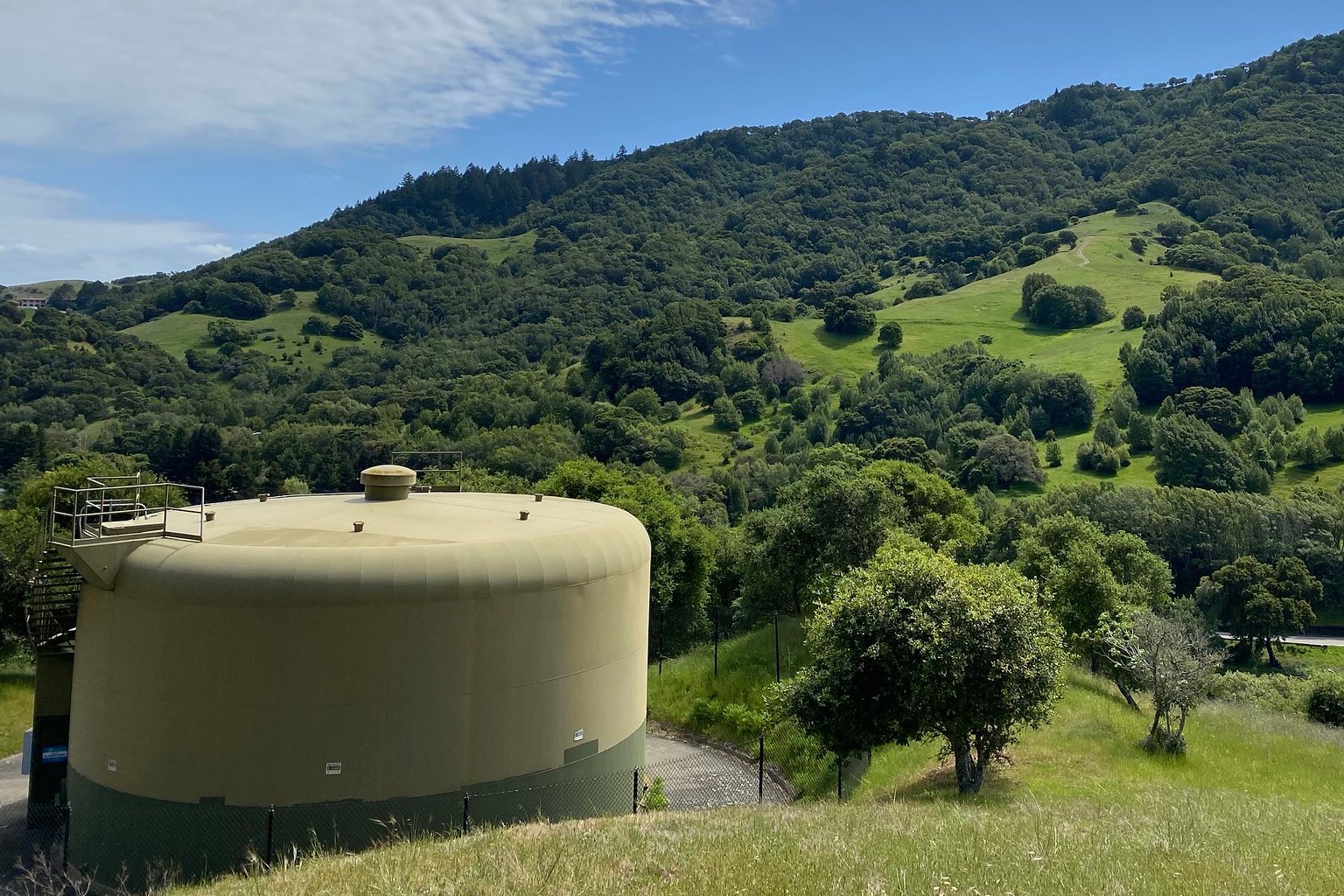
How PFAS Enters Drinking Water Systems and What That Means for Cities and Public Health
Understanding how PFAS gets into drinking water, the challenges cities face in addressing it, the laws that apply, and the broader context

List of Known Products That Intentionally Contain PFAS or PFOS
PFAS, short for per- and polyfluoroalkyl substances, are a class of man-made chemicals designed to repel water, oil, heat, and stains. PFOS

PFAS Are Widespread in North Carolina’s Water, Soil, and Wastewater
What the State’s Own Data Shows and Why Municipalities Should Act Now PFAS contamination is no longer speculative or limited to isolated

3M (MMM) Stock Near 52‑Week High: Turnaround, Legal Overhangs and Dividend Reset – What Matters on November 29, 2025
Key takeaways for 3M Company stock today 1. 3M stock price snapshot as of November 29, 2025 U.S. markets were closed on
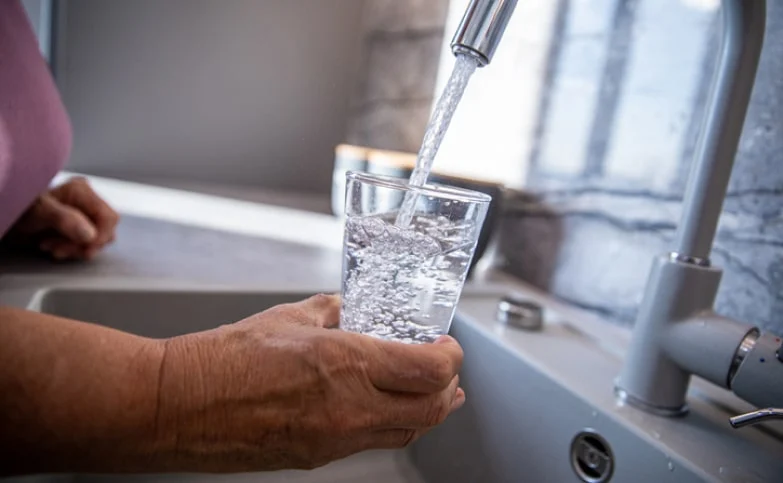
EPA proposes first standards to make drinking water safer from ‘forever chemicals’
The US Environmental Protection Agency on Tuesday proposed the first national drinking water standard for “forever chemicals” that are dangerous to human

New EPA drinking water proposal ‘wake-up call’ for the Vineyard
The EPA is proposing a new set of stricter drinking water standards for PFAS, which could require treatment options for at least
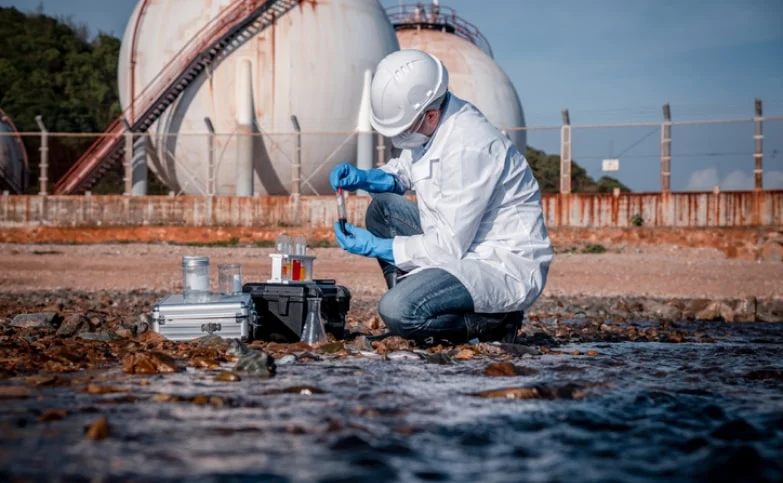
How to reduce PFAS in your drinking water, according to experts
In the next three years, drinking water in the United States may be a bit safer from potentially toxic chemicals that have
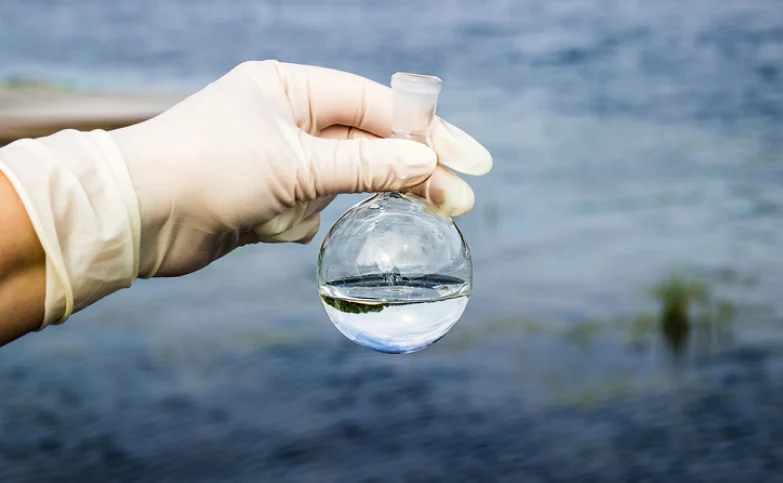
Biden Proposes First National Standard to Protect Communities from PFAS
Today, the Biden-Harris Administration announced it is proposing the first-ever national drinking water standard for six PFAS varieties in the latest action

EPA proposes first-ever limits on PFAS in drinking water
The standards would force states to begin the arduous process of cleaning out “forever chemicals” from their water supplies.
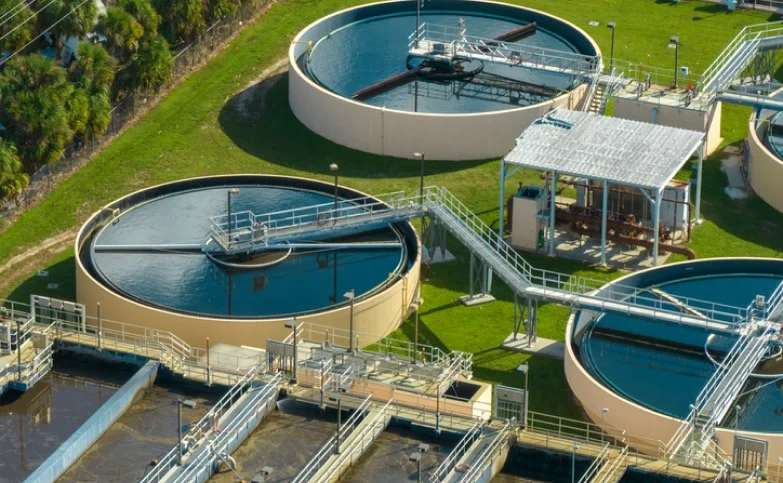
US to limit PFAS ‘forever chemicals’ in drinking water
The US government has proposed its first-ever restrictions on six harmful chemicals found in drinking water.

Biden Administration to Restrict Cancer-Causing ‘Forever Chemicals’
The government will strictly limit two chemicals that are ubiquitous in modern society but are linked to a range of health effects
REACH OUT TODAY
We’re here to guide, support, and champion your cause. Reach out to our dedicated team for personalized solutions and unwavering advocacy.
Don’t wait; your city’s future depends on it.
OUR team
We take the bull by the horns and give you clear and practical advice. Personal, to the point, and in plain language. Any questions? Feel free to call or to drop by.
After reviewing the unique details of your situation, we can help you understand what your case is worth and plan a road map going forward.
After reviewing your medical costs, lost wages, and pain and suffering damages, we can help you understand what your case is worth and plan a road map going forward.
$1.056 billion verdict against Exxon Mobil
$1.056 billion verdict against Exxon Mobil
Stag Liuzza fights industry giants across the country and holds them accountable for their actions. We strive to ensure that communities have access to safe drinking water, clean air, and a healthy environment.
-
One Canal Place
365 Canal Street Suite 2850 New Orleans, LA 70130 - 504-593-9600
www.cleangroundwater.com is operated and provided by Stag Liuzza, LLC responsible attorneys Michael G. Stag and Ashley M. Liuzza. Stag Liuzza, LLC is officed in New Orleans, LA, and our attorneys are licensed in Louisiana and Mississippi.
Nothing on this site should be taken to establish an attorney-client relationship with us unless and until a contract for representation is signed. The attorneys of Stag Liuzza are licensed in Louisiana and Mississippi and may associate counsel licensed in other jurisdictions as necessary.
Past results do not guarantee any similar result or outcome in your claim. Each claim is different.




